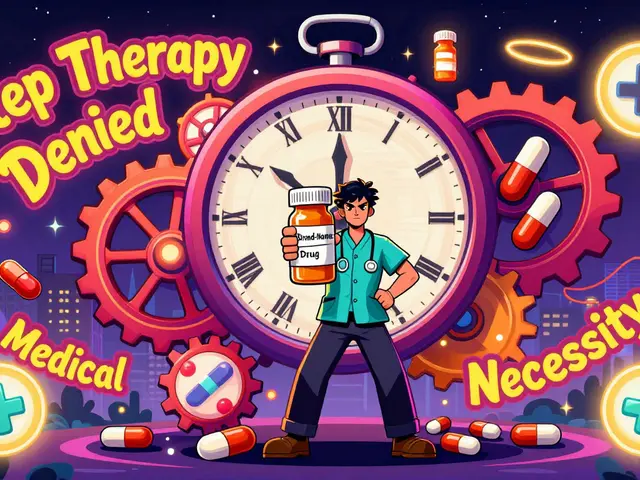Heartburn: Why it happens and what actually helps
Heartburn feels like a burning in your chest after a meal. It’s caused by stomach acid rising into the esophagus, not by your heart. Knowing the cause helps you choose the fastest, safest fix—so you don’t keep guessing or overusing pills.
Common causes and triggers
Large meals, fatty or spicy foods, coffee, chocolate, citrus, alcohol and mint are classic triggers. Smoking and being overweight make the valve between your stomach and esophagus relax, which lets acid escape. Lying down too soon after eating and tight clothes can also push acid up. Some meds—like NSAIDs and certain blood pressure drugs—can worsen reflux. Pregnancy often brings heartburn because hormones relax that valve and the growing uterus pushes up on the stomach.
If heartburn shows up more than twice a week, wakes you at night, or you need OTC meds daily, that could be GERD (gastroesophageal reflux disease) and it’s worth a doctor visit.
Fast relief and safe medicines
For quick relief try an antacid (Tums, Maalox). They neutralize acid within minutes but wear off fast. H2 blockers like famotidine (Pepcid) cut acid production and last several hours—useful for predictable triggers. Proton pump inhibitors (PPIs) such as omeprazole reduce acid more strongly and are best for frequent symptoms, but they take a day or two to reach full effect. Don’t use PPIs long-term without medical advice; long use can affect magnesium, B12, and kidney health for some people.
Natural tips that help some people: sip water, chew sugar-free gum after meals to boost saliva and clear acid, try ginger or a small glass of milk for quick comfort. Avoid lying down for two to three hours after eating. If you need to sleep with reflux, raise the head of the bed 6–8 inches or use a wedge pillow to keep acid from creeping up.
When to see a doctor: if you have trouble swallowing, persistent vomiting, unexplained weight loss, or dark/ bloody stools—get medical help fast. Also see a clinician if OTC meds stop helping or you’re taking them regularly. Your doctor may suggest tests, stronger meds, or lifestyle changes tailored to you.
Simple lifestyle changes pay off: eat smaller meals, cut or limit trigger foods, stop smoking, lose even a little weight if needed, and avoid tight belts. These steps reduce how often you reach for pills and cut down the chance of long-term damage to your esophagus.
Want more? Check our deeper guides on safe medications and acid-related options to find what fits your situation. Heartburn is common, but you don’t have to live with it.
How Nexium Works: Understanding Esomeprazole, PPIs, and Why People Switch
This in-depth article breaks down how esomeprazole (Nexium) and other PPIs work in the body, what makes them effective for heartburn and GERD, and why some people end up needing different medications. You’ll find real-world tips on managing reflux symptoms and information on alternative treatments. Get the facts on side effects, lifestyle impacts, and how to talk to your doctor about making a switch. We also link to a helpful resource for learning more about alternatives to Nexium. Perfect for anyone who needs to make sense of their reflux meds.





